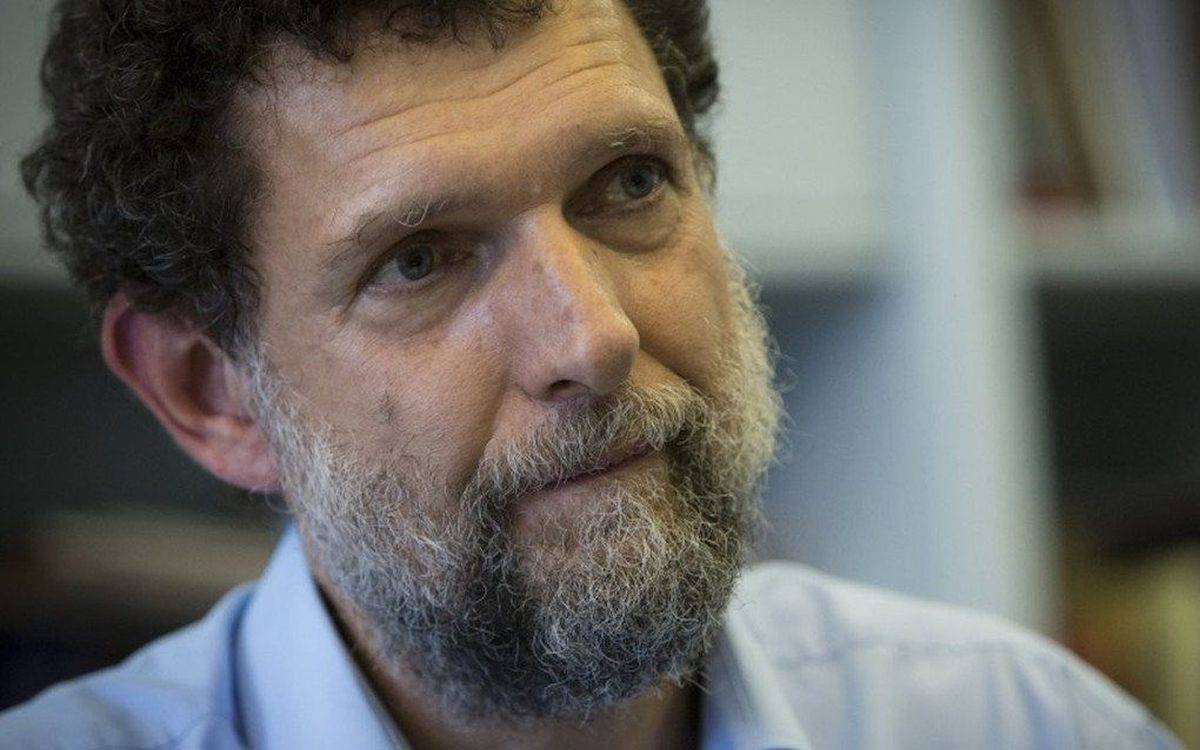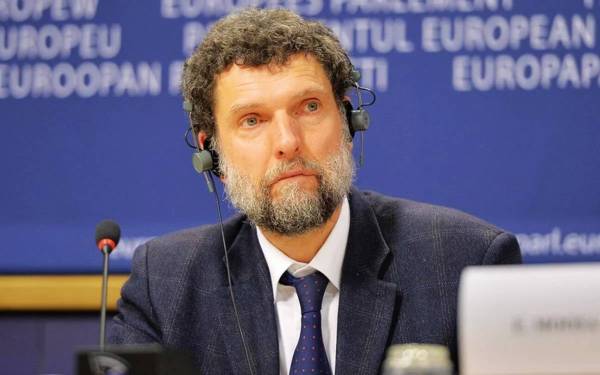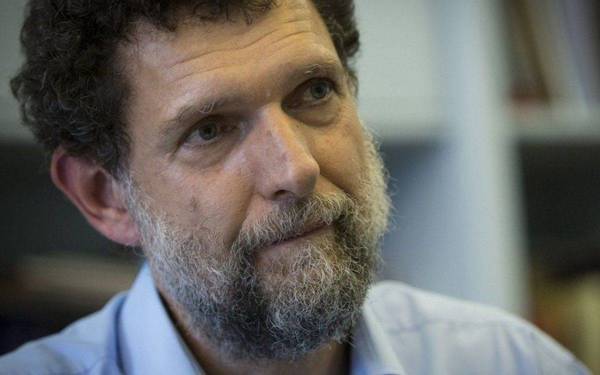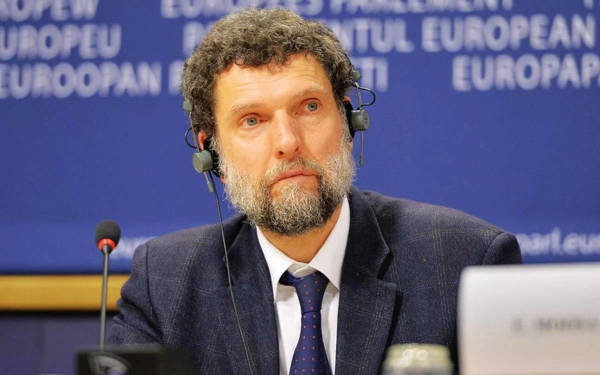The İstanbul 13th Heavy Penal Court, overseeing the case regarding the 2013 Gezi Park protests, has undergone a change in its panel of judges.
Osman Kavala's lawyer, İlkan Koyuncu, spoke to bianet, clarifying, "There has only been a change in the panel, no release or anything of that sort. This new panel will consider the application for Osman Kavala’s retrial."
Gül Çiftçi, Deputy Chair of the Republican People’s Party (CHP) and a lawyer herself, expressed her views on social media: "Following the request for a retrial in the Gezi Park Case, the 13th Heavy Penal Court's panel has been changed. This change is in accordance with Article 23 of the Code of Criminal Procedure, which states that judges who presided over the original proceedings cannot serve in a retrial. As we have maintained from the start, law cannot be a tool for political vendetta. The requests for retrial by all defendants in the Gezi Case should be granted, and justice should prevail."
Journalist İsmail Saymaz provided further details on the panel change: "Osman Kavala's attorney, Hilal Zengin, had requested that the judges from the original panel not be involved in the retrial. On May 9th, the İstanbul 14th Heavy Penal Court accepted this request and decided to form a new panel. According to this decision, Mesut Özdemir and Murat Bircan from the 13th Heavy Penal Court, who had signed the original sentencing, were removed. Şenol Kartal, previously the head of the 24th Heavy Penal Court, was appointed as the new president, while judges Mücahit Kemal Yamak and Enes Budak from the 13th Heavy Penal Court, who did not participate in the Gezi verdict, were included as members. This newly formed panel will now review Osman Kavala's retrial request."
According to a report by the Diken news website published in October 2020, the newly appointed court president Şenol Kartal transitioned from being a lawyer to a judge in 2016. Prior to this, he served in legal affairs at the Başakşehir Municipality and left this position to pass the judicial exam, as reported by a website named Başakşehir Times, which currently appears to be inaccessible.
Kavala’s comments
Osman Kavala, who was sentenced to aggravated life imprisonment in the Gezi case, commented on the ongoing "retrial" discussions that started after CHP leader Özgür Özel’s visit to President Recep Tayyip Erdoğan. He emphasized that under certain conditions, retrials are essential to uphold fundamental legal principles and human rights:
"The retrial of cases that involve clear human rights violations and are based on unsubstantiated convictions—leading to innocent people spending years in prison—is a requirement of fundamental legal principles and respect for human rights. The decisions of the Constitutional Court and the European Court of Human Rights are directly relevant not just for the applicants but for the right of all citizens to seek justice. Justice is necessary for everyone. Every citizen's life and rights are equally valuable."
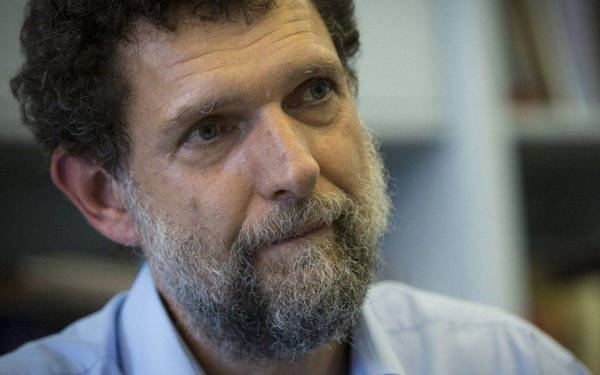
Kavala responds to 'retrial' speculations
Background
The public debate about Kavala’s possible retrial emerged amid a shift in the country’s political atmosphere following the March 31 local elections, where the Justice and Development Party (AKP) suffered its most significant loss in its 22-year rule. President and AKP leader Recep Tayyip Erdoğan declared a “period of detente” after the elections, and met with Özgür Özel, leader of the Republican People’s Party (CHP), in what was his first meeting with the head of the main opposition party in eight years.
Discussions about Kavala’s possible retrial gained momentum after the May 2 meeting, with Özel saying, without mentioning specific names, ECtHR and Constitutional Court rulings should be implemented and “a way must be found to escape this ordeal."
The response from the ruling bloc was mixed. AKP deputy Tuğrul Türkeş, who also chairs the Turkish Delegation to PACE, supported Özel's view. However, Nationalist Movement PArty (MHP) leader Devlet Bahçeli criticized Özel during a party meeting, asserting that Özel should have confronted European officials about their alleged support for “terrorists.”
Osman Kavala's trial
Businessperson and rights defender Osman Kavala was detained on October 18, 2017, in an investigation into the 2013 Gezi Park protests. He was arrested on November 1 and placed in the Marmara (Silivri) Prison.
The justification for his arrest was his alleged attempt to 'overthrow the government' in the context of the Gezi protests and his alleged attempt to 'overthrow the constitutional order' in the context of the July 15 coup attempt.
He was acquitted in the Gezi Trial on February 18, 2020. However, he was not released. On the day of his acquittal, he was re-arrested on charges of attempting to 'overthrow the constitutional order.’ On March 9, 2020, he was arrested again under the same trial, this time on charges of 'political or military espionage'.
The acquittal decision in the Gezi trial was overturned, and he was retried. On April 25, 2022, he was sentenced to aggravated life imprisonment for 'attempting to overthrow the government'. The appeals court upheld the decision.
Meanwhile, the European Court of Human Rights (ECtHR), in its decision of December 10, 2019, determined that Osman Kavala's detention was arbitrary and based on political motives. Therefore, it ruled that Osman Kavala should be released immediately.
Due to Osman Kavala not being released in accordance with this decision, the Committee of Ministers of the Council of Europe initiated a 'violation procedure' against Turkey.
In its decision on July 11, 2022, the ECtHR Grand Chamber ruled that "[the decision of December 10, 2019] regarding Kavala, which found a violation of Article 5 in connection with Article 18 of the ECtHR, would render any action based on accusations related to the Gezi Park events and the coup attempt null and void."
However, courts ignored and did not implement the legally binding nature of these two decisions.
(AS/VK)





